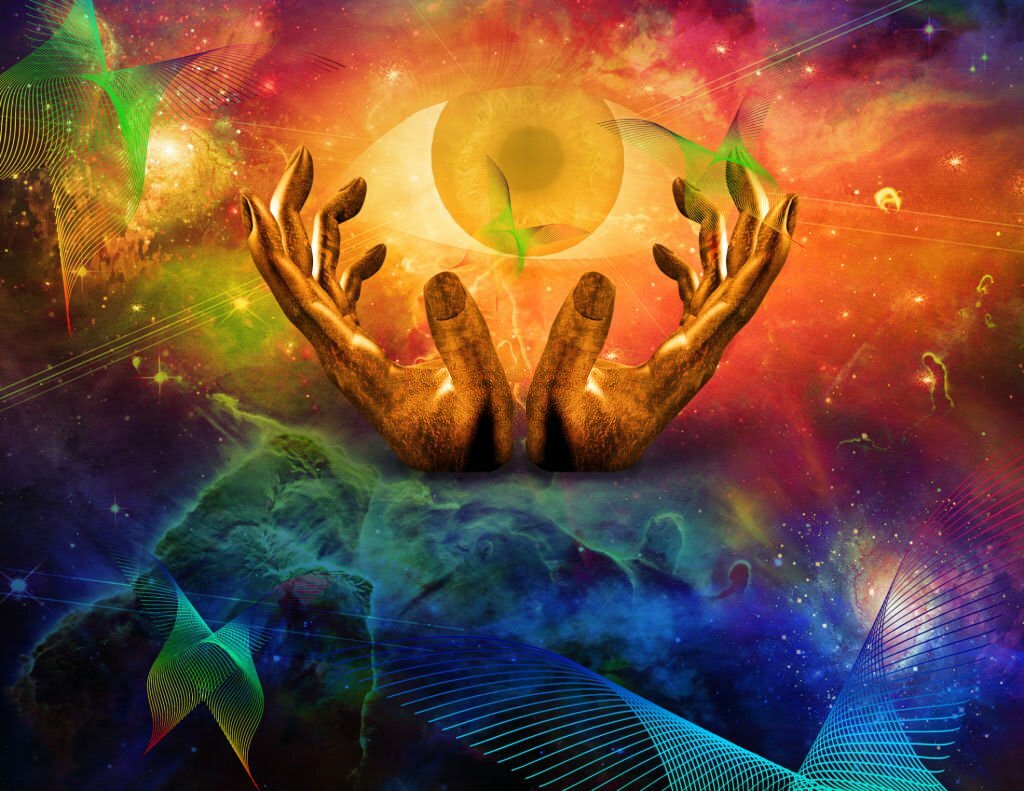Music
The wonderful art of music around the world.

Music, a universal language that transcends barriers, has been an integral part of human culture for centuries. It has the power to evoke emotions, tell stories, and bring people together. From the rhythmic beats that echo in tribal ceremonies to the intricate symphonies that fill grand concert halls, music has evolved and adapted, taking on various forms and genres. In this article, we will delve into the enchanting world of music, exploring its history, its impact on society, and the ways it can enrich our lives.
Music has been in existence since ancient times, with evidence dating back thousands of years. The earliest known musical instruments, such as bone flutes and drums, were found in archaeological sites across the globe. These instruments provided a means for early civilizations to express themselves creatively and connect with one another through rhythm and melody.
As civilizations thrived, music evolved alongside them, taking on regional flavors and diverse cultural influences. Different regions developed their unique musical styles and instruments, such as the sitar in India or the bagpipes in Scotland. This diversity continues to shape the modern music landscape, offering a rich tapestry of sounds and rhythms.
The Power of Music
One of the most remarkable aspects of music is its ability to stir emotions within the listener. Whether it's the heart-wrenching melody of a ballad or the electrifying beats of a dance track, music has the power to make us feel joy, sadness, or even nostalgia. It can transport us back in time, evoke memories, or simply provide an escape from the stresses of everyday life.
Studies have shown that music has a profound impact on our overall well-being. Listening to music can reduce stress, alleviate anxiety and depression, and even enhance cognitive function. It has the ability to uplift and energize us, providing a form of therapy that is accessible to all.
Music has a unique ability to bridge divides and bring people together. Festivals and concerts gather enthusiasts from different backgrounds, fostering a sense of unity and shared experiences. In times of celebration or protest, music serves as a powerful tool for expressing collective emotions and inspiring change.
Music plays a crucial role in shaping cultural identity. It serves as a vehicle for transmitting traditions, values, and stories across generations. National anthems, folk songs, and traditional dances reflect the unique heritage of a community, instilling a sense of pride and belonging.
Throughout history, music has been intertwined with social and political movements. Protest songs have rallied the masses, offering a platform to voice grievances and spark change. From the civil rights movement to anti-war demonstrations, music has played a pivotal role in inspiring and mobilizing communities.
The creative process
Behind every song lies a creative process that involves composing and arranging musical elements. Musicians employ various techniques, such as harmonization, counterpoint, and modulation, to create compositions that captivate listeners. The arrangement of instruments and vocals adds depth and texture to a piece, enhancing its musicality.
Advancements in technology have revolutionized music production, making it more accessible than ever. Digital audio workstations, synthesizers, and virtual instruments empower artists to experiment and create music in their own unique styles. These tools have democratized the music industry, opening doors for aspiring musicians and producers.
The Influence of Music
From film scores that heighten the drama to catchy jingles that remain imprinted in our minds, music plays a significant role in media and entertainment. It sets the tone, enhances storytelling, and elicits emotions, becoming an essential part of our audiovisual experiences.
Over the years, various musical genres have emerged, each representing a distinct artistic expression. From classical symphonies to jazz improvisation and rock 'n' roll rebellion, these genres reflect the evolving cultural landscape and the musicians' desire to push boundaries.
In conclusion, music is an extraordinary art form that transcends time and connects us on a profound level. It has the power to evoke emotions, heal wounds, and inspire change. Whether we create music, perform it, or simply listen to it, we are participants in a captivating journey that alters our perceptions and enriches our lives.
About the Creator
samuel kariuki muriithi
am a photographer ,videographer ,barber and a very good rider
lover of nature






Comments
There are no comments for this story
Be the first to respond and start the conversation.